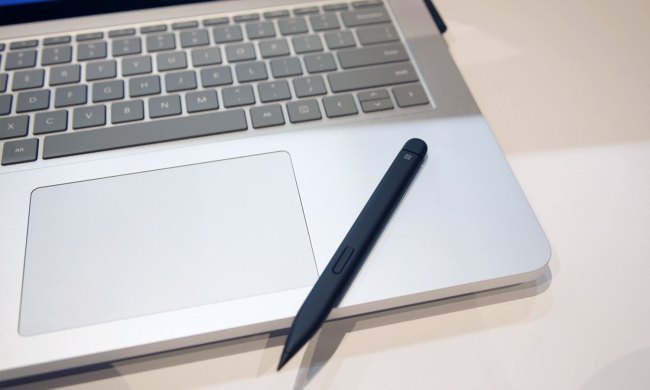
Apparently, though, the company recognizes that not everyone needs the Surface Pen, and that price-sensitive buyers would gladly trade it for cash. With the discontinuation of the smaller and lower-priced Surface 3, the company seems to have made a concession to those buyers by offering the Surface Pro 4 without the pen, as Neowin reports.
If you head over to the Microsoft Store, you’ll find that the entry-level Surface Pro 4 model with low-power Intel Core m3 with 4GB of RAM and a 128GB SSD can now be purchased for $100 less if you’re willing to give up the Surface Pen. That’s an even more significant savings given that the pen itself retails for only $60 — meaning that you could purchase the Surface Pro 4 without the pen for $799, add the pen to your cart for a total of $860, and still save some cash over the $899 model with the Surface Pen included.
Apparently the latest move is just the Microsoft Store catching up with other Surface Pro 4 retailers like Best Buy, which already offered the no-pen version in its bundles. What this all means is that the Surface Pro 4 has some attractive low-end pricing options to make it even more competitive with Apple’s somewhat more expensive 12.9-inch iPad Pro.
It’s also entirely possible the Microsoft is laying the groundwork for introducing a Surface Pro 5 sometime in the next few months, and is lowering the price of existing Surface Pro 4 inventory to make room for a new model. That’s something to consider as you make your own purchase decision — do you buy into a Surface at a lower price point or wait for a newer model that’s likely going to cost more money?
Given that a new machine will likely also offer updated components, such as perhaps Intel’s 7th-generation Core processors and USB Type-C connections, that’s a difficult decision indeed.


